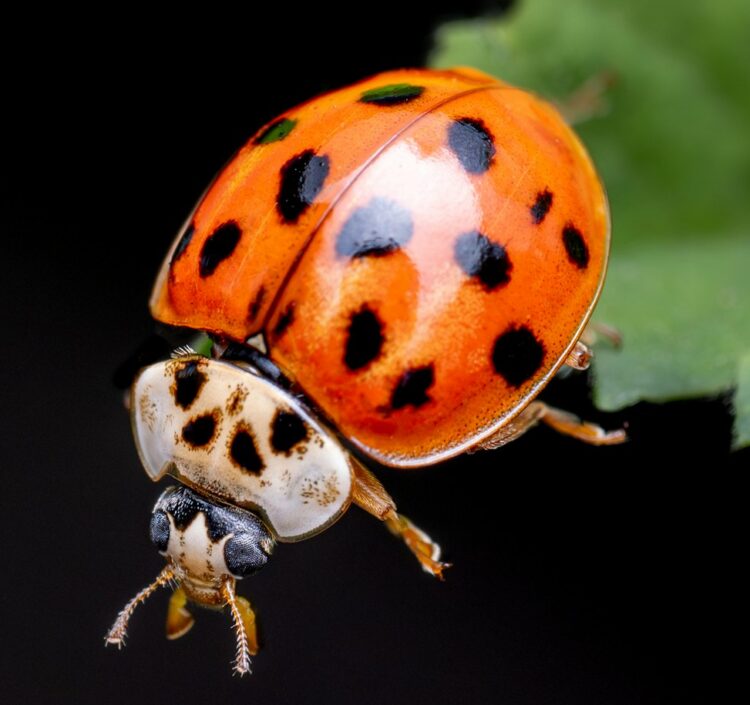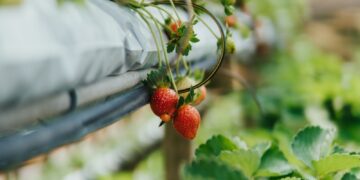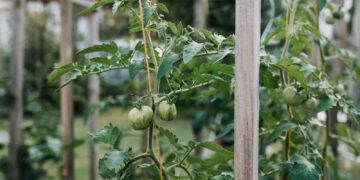Green Guardians: Natural Solutions for Garden Pest Control
Keeping your garden free from pests can be a constant battle. Many gardeners turn to chemical pesticides to protect their plants, but these can have negative effects on the environment and your health. Fortunately, there are natural solutions for garden pest control that are not only effective but also safe and eco-friendly. In this article, we will explore some of the best ways to keep pests at bay using natural methods.
Identifying Common Garden Pests
Before you can effectively control garden pests, it’s important to know what you’re up against. Some common garden pests include aphids, slugs, snails, caterpillars, and beetles. These pests can damage your plants by eating the leaves, stems, and fruits, and can also transmit diseases. By identifying the specific pests in your garden, you can tailor your pest control methods to target them specifically.
Companion Planting
One of the easiest and most effective natural pest control methods is companion planting. By planting certain plants together, you can deter pests and attract beneficial insects that will help keep your garden healthy. For example, planting marigolds near your tomatoes can help repel nematodes, while planting basil near your tomatoes can repel aphids and hornworms. Research companion planting options for the specific pests in your garden to create a natural barrier against them.
Beneficial Insects
Another natural pest control method is to introduce beneficial insects into your garden. Ladybugs, lacewings, and parasitic wasps are just a few examples of beneficial insects that can help keep pests in check. These insects prey on garden pests, such as aphids and caterpillars, without causing harm to your plants. You can attract beneficial insects by planting flowers that they are attracted to, such as dill, fennel, and yarrow.
Homemade Pest Sprays
If you’re dealing with a pest infestation in your garden, you can make your own natural pest spray to help control them. One common recipe is a mixture of water, dish soap, and neem oil. Neem oil is a natural insecticide that is effective against a wide range of pests, including aphids, mites, and whiteflies. Simply mix a few drops of neem oil with water and a small amount of dish soap in a spray bottle, and apply it to your plants as needed.
Physical Barriers
For pests like slugs and snails that can be difficult to control with other methods, physical barriers can be an effective solution. You can use copper tape around the base of your plants to deter slugs and snails, as they receive a mild shock when they come into contact with it. You can also create barriers using crushed eggshells or diatomaceous earth, which are sharp and abrasive to pests.
Organic Mulch
Using organic mulch in your garden can help control pests in several ways. Mulch can help regulate soil temperature and moisture, which can make your plants less susceptible to pest infestations. It can also provide a habitat for beneficial insects that will help keep pests in check. Additionally, certain types of mulch, such as cedar or pine straw, have natural pest-repelling properties that can help deter pests from your garden.
Compost Tea
Compost tea is a natural fertilizer that can also help control garden pests. By spraying compost tea on your plants, you can introduce beneficial microbes that will help improve the health of your soil and plants. These beneficial microbes can help suppress pest populations by outcompeting them for resources. To make compost tea, simply steep compost in water for a few days, strain out the solids, and spray the liquid on your plants.
Conclusion
Keeping your garden free from pests doesn’t have to involve harmful chemicals. By using natural solutions like companion planting, beneficial insects, homemade pest sprays, physical barriers, organic mulch, and compost tea, you can effectively control pests while also protecting the environment and your health. Experiment with different methods to find what works best for your garden, and enjoy a beautiful and pest-free outdoor space.
Remember, a healthy garden is a happy garden!












